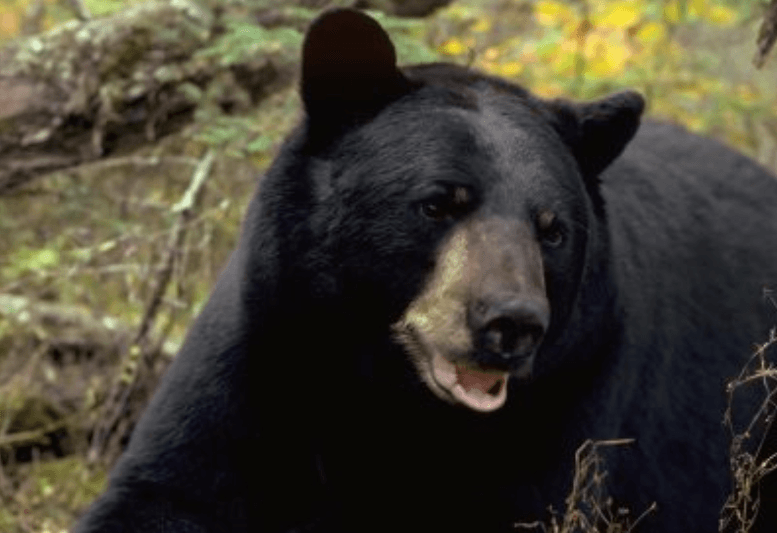An unusual civil rights case has been filed in federal court involving a state agency that affixed a camera to a bear to catch residents feeding it.
The case may sound comical, but legal experts say it will be an important test about how far the government can go in conducting surveillance of citizens without a warrant.




